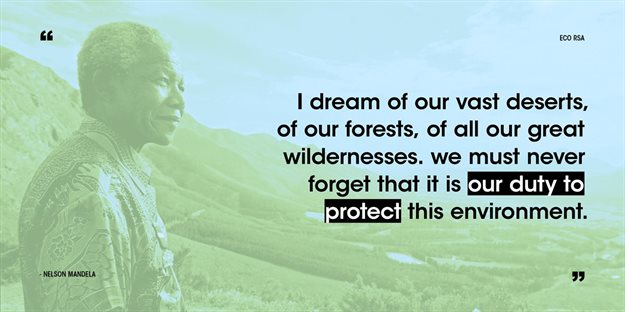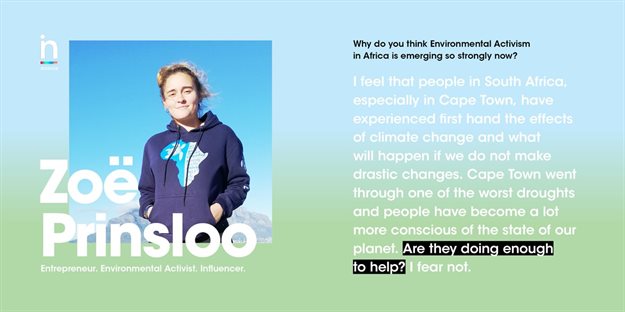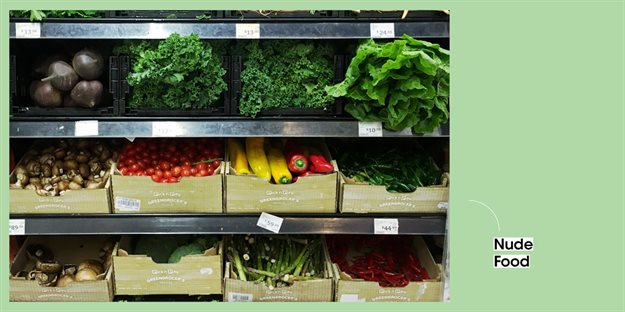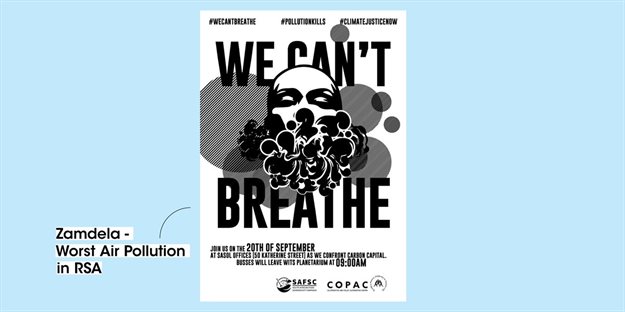As we have seen across all media channels, there is a growing concern globally regarding the environment. For generations, citizens have paid lip service to environmentalism, and for the first time, this seems to be changing. Young people especially are at the forefront of this change in view. There is a very long way to go and, according to most studies, we are on an apocalyptic trajectory. Many changes we will have to make in our daily lives if we are to affect true change.
This kind of forward-thinking from our first democratically-elected president led us to having one of the most impressive environmental constitutional policies across the globe, including being one of the only nations to include the right to an adequate supply of clean water.
According to the David Suzuki Foundation, only 149 out of 193 the world’s national constitutions include explicit references to environmental rights and/or environmental responsibilities. Constitutions, however, do not mean anything unless the people and the government actually live by it. This has not always been the case and, in fact, is a rarity across the globe.
Youth, though, are playing an increasingly important role in expressing what is important to their countries and the world. Last year, Greta Thunberg became the de facto leader of the global environmental activism movement, her vulnerable age making her almost untouchable by those who speak against progressive environmental policies. In South Africa, it’s no different, with the youth leading the way, petitioning schools to change policies, and protesting against massive organisations. They are also creating their own brands to appeal to both the entrepreneurial spirit of the country and its desire to look after our natural world.
One such person is Zoë Prinsloo, who saw a problem and decided to do something about it. In doing so, she is creating a name for herself, travelling the world and, hopefully, saving a whole lot of fishies. Zoë is the founder of Save a Fishie, which is a company that stocks and creates eco-friendly products. As much as we are doing better, Zoë is still not certain that people in South Africa are actually doing enough to help clean up our act.
Another person leading the way in South Africa is Zayaan Khan, who we podcasted with. Recently featured in Vogue, Zayaan is a food activist, artist, historian and educator … amongst many other roles. She is most concerned with food security and food sovereignty, leading her to create the Seed Library which is a staggering, important and beautiful achievement.
The signs though are coming, we see the big brands responding. Pick n Pay recently rolled out their nude food section; the more customers demand better environmental practices from brands the better brands will be. However, brands are scared and hesitant, worried that people don’t care enough. Show them that you do care and vote with your money, support organisations that uplift and do not destroy the environment.
We simply cannot put our heads in the sand anymore, there is a massive problem and it’s not going anywhere. We need to think global and act local, residents of Zamdela township in Sasolburg are currently experiencing the worst pollution in the country.
These are our fellow South Africans. It’s our duty to stand up in whatever way we can to help them, and at the same time yourself. If that is petitioning the government, or shopping local, or even cleaning the street in your neighbourhood, do something.
If this article has woken up the desire for you to stand up and do something, but you don’t know what to do, perhaps consider donating or working with Sea The Bigger Picture. This organisation does remarkable work on the coastlines of South Africa, as well as many other philanthropic activities. Their beach clean-ups are collaborative events uniting local businesses, NGOs, clubs, individuals and families through the common goal of mitigating the effects of the global plastic pollution crisis. Their key focus is reducing human contribution to landfills through zero-waste practices. They collect data for research and statistical purposes as well as monitor, evaluate and improve their effectiveness.














































